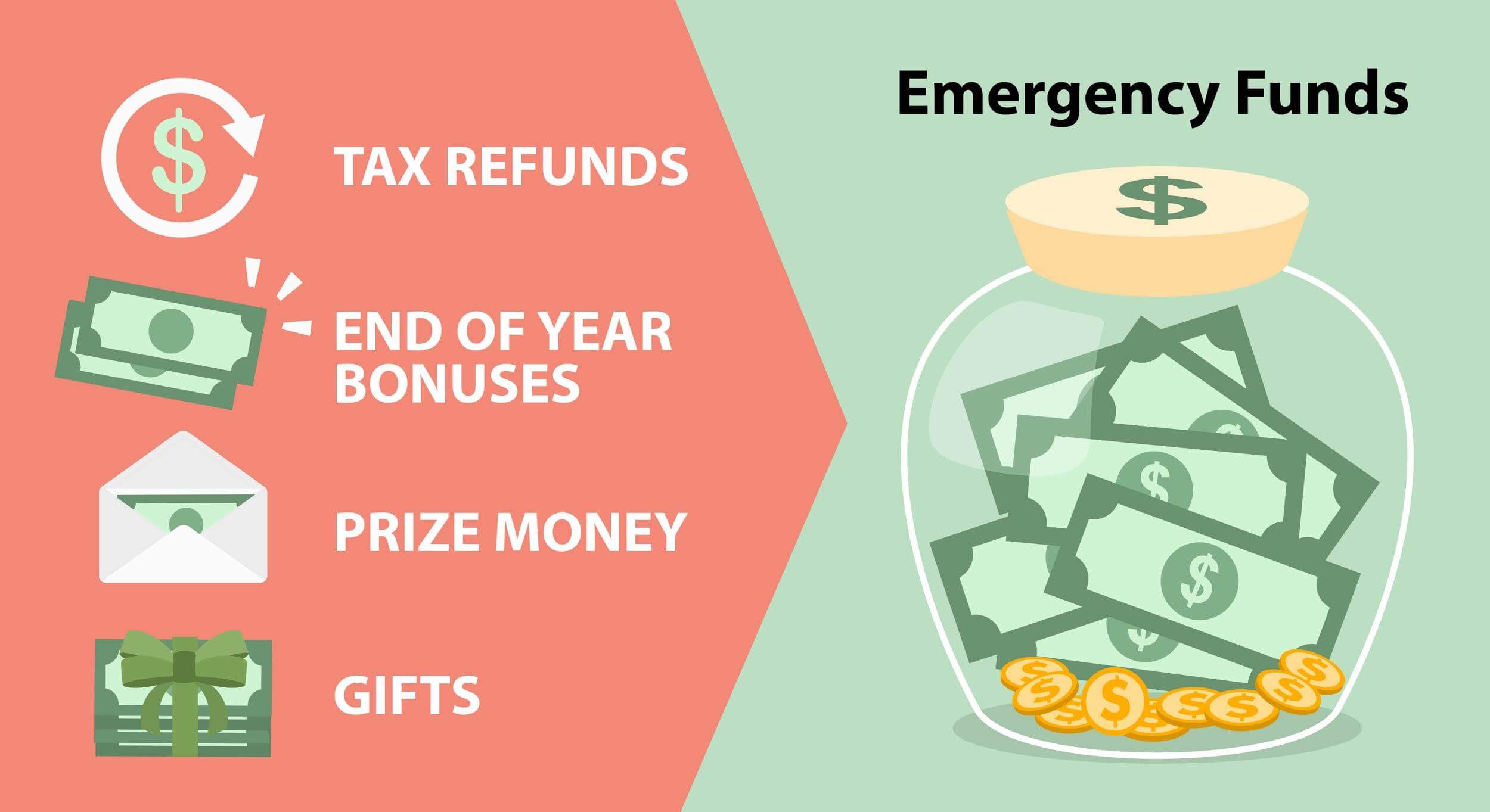For many people the idea of following a personal financial plan (and actually following through with it) is a scary concept. No doubt, there are many college aged individuals who need to learn these crucial concepts, but there is also a large group of adults who have never even sat down to write a budget. Dare I say, the majority of people just don’t understand how important it is to plan your money. If they could only understand how simple it is, maybe they would give it a shot.
This article is an attempt to include idiot-proof tips on budgeting.
Setting a personal financial plan:
List Current Expenses;
The first thing you need to do is list every single thing you spend money on in a given month and how much you spend. Make sure to include all of your personal necessities (rent, car payment, food, gas, utilities, etc). Also include luxuries such as cigarettes, entertainment, and cable. Don’t leave anything off of this list, if you know you go through 5 packs a gum each month (definitely not a necessity) than include it on your list.
Determine How Much To Save
Go through the list you’ve just created and add each of your expenses. Compare the total amount to your currently monthly take-home pay (after taxes). This step is where your own personal goals come into consideration. Whether you want to save up money for a home, a car, or something else you absolutely need to start saving money (we’ll cover this soon). If you have money left over after your expenses you should plan to put it aside into a savings account. It’s wise to set up an automatic account that will transfer a set amount of money from your checking account to your savings account each month. No doubt, many of you will not have much money left over at the end of the month to put into savings. To change this we’ll budget each and every expense and either cut out or limit the non essentials.
As a rule of thumb I advise people to save at least $200 per month (at the very least). Ideally a person should put away $500 a month or more, but I understand that most people cannot do this (especially if you fresh out of high school or college).
Grouping Expenses
This is the difficult part for some people. In this step you are going to go separate your expenses into three different categories; necessities, luxuries, and stuff that falls in-between. Necessities are things you absolutely cannot live without. Things like shelter, food, transportation, and utility bills. Luxuries, on the other hand, are things you don’t need, but want – things you can live without. Spending money on cigarettes, going to the movies, and eating out are all examples of luxuries. You may find that some things don’t fit in either category – but somewhere just in-between. These could be things like your cell phone, cable TV, and the internet.
Cutting & Limiting Your Expenses
In this step we you go through each expense and try to either eliminate it, or limit how much you spend on it. Make sure you have your expense list handy as you will mark down the expenses you change.
Go through each and every one of your necessities and see if there is a way for you to limit what you spend (i.e.: cut some costs). This won’t always be possible for everyone’s personal financial plan, but if it is – go for it. Things that can normally be lowered are car payments (through negotiation), utility bills (by paying more attention energy consumption), and food (by not eating out and by purchasing generic brands when possible).
The next list you need to go through is that middle list. In most cases the things on this list cannot be eliminated completely, but they can be cut down significantly. Apply the same principal here and determine which costs can be lowered. For example, if you’re spending $100 a month on your phone bill consider downgrading to a lower cell phone plan. You may have to make sacrifices, like limiting the amount of text messages you send and receive, or by talking on the phone a little less. Same thing for the cable and internet plan you have. Perhaps you might want to get rid of your home phone all-together, as many people are doing these days.
What is scariest for most people is what you are about to do next. Luxuries (Ahhh)! Just go through the list and make a few sacrifices. Maybe you don’t need to eat out every day, or maybe you really don’t need to renew your gym membership. The goal here is to limit some expenses, while cut other expenses out completely.
This is your personal financial plan (pay attention to the word personal). Ultimately you responsible for making the decision of what’s worth cutting back on and what’s not.
The End Result:
Add up each of your new (and improved) expenses and then subtract that from the original amount you were spending to determine how much money you’ll be saving.
Now it’s up to you to decide what to do with this money. Soon we will be discussing the best ways put away money in savings each month. The money you are saving through your new budget can either be put away or spent on whatever it is you needed it for in the first place. The amount of money that can be saved will vary from person to person based on their personal financial plan.









